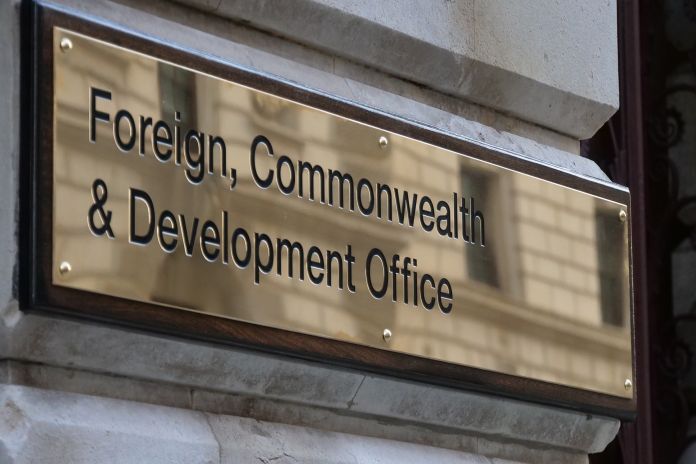– UK statement at ECOSOC operational activities for development segment
The world is facing a critical juncture. We are significantly off track from achieving the Sustainable Development Goals (SDGs). At a time when the world should be fully focused on recovering from the COVID-19 pandemic and fighting climate change, almost every UN Member State is now suffering because of Russia’s war. At a time when 43 million people were already one step away from famine, Russia is blocking the exit routes for Ukraine’s grain. Russia’s appetite for war is taking food off the world’s table and causing energy prices to spiral – hitting the world’s most vulnerable the hardest.
Achievement of the Sustainable Development Goals is under serious threat.
Earlier this week the UK released its strategy for international development. It sets out how we will work to prevent the world from bearing the consequences of the Russian invasion for generations to come and maintain focus on the SDGs. The strategy focuses on many priorities for which the UN are essential delivery partners, including protecting women and girls from violence and fulfilling their right to an education, fighting climate change and delivering life-saving humanitarian aid. An agile, robust and effective UN Development System is a key partner in tackling these global challenges.
We are encouraged by the progress implementing the Development System reforms highlighted in your report. However, there is still more to do.
First, the UN should redouble efforts to strengthen coordination between the UN’s humanitarian, development and peace operations. The Afghanistan Transitional Engagement Framework and corresponding aid architecture is a positive model of coordination across operations. We hope to see greater coordination between agencies on analysis, planning and delivery of cross-cutting programming, including the use of collective outcomes.
Second, the Development System should redouble efforts to reduce duplication and promote efficiencies in the field. We noted that less than half of UN country teams and contributing countries reported reduced duplication. Moreover, we were alarmed to read that only 28 per cent of UN Country team members shared their country programme documents for review with the Resident Coordinator. We call on all agencies to ensure their programme documents are shared with the Resident Coordinators for confirmation of alignment with the Cooperation Frameworks.
And third, the strong leadership of the resident coordinator and heads of agencies on the ground is especially critical. We seek your commitments to reducing the gaps in transitions between Resident Coordinators. We also seek commitment from the Agencies that their representatives in country are working collaboratively with Resident Coordinators in support of the reforms.
While we acknowledge and welcome the process of the UN System, we realise that donors have an active role in supporting the system to embed these changes at a country level. We similarly commit to strengthening our support for the system to implement these changes at the country level.





